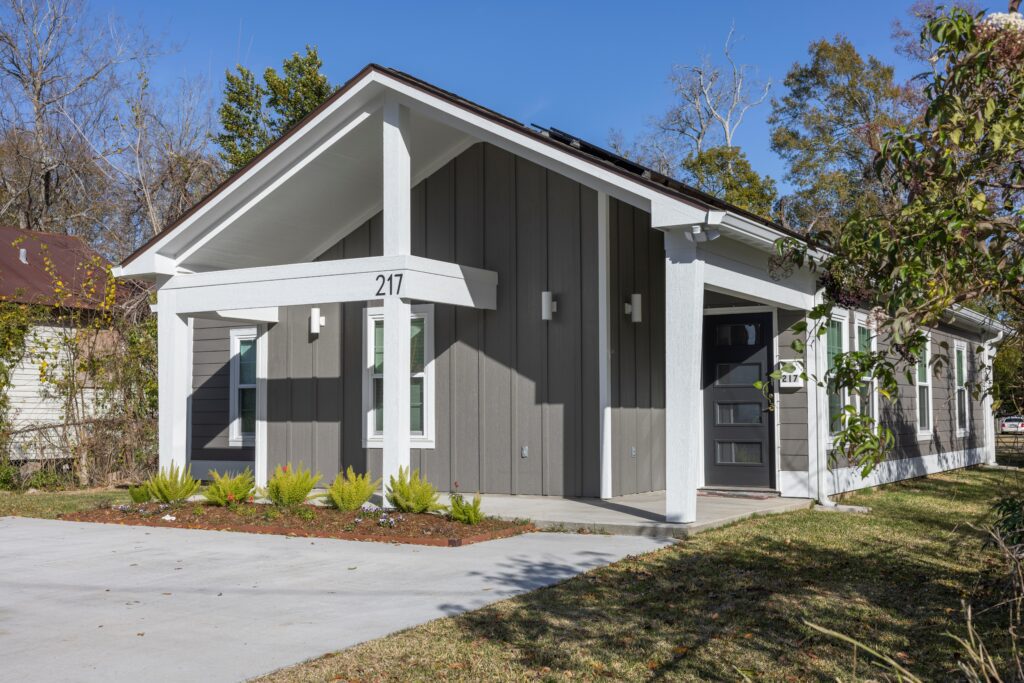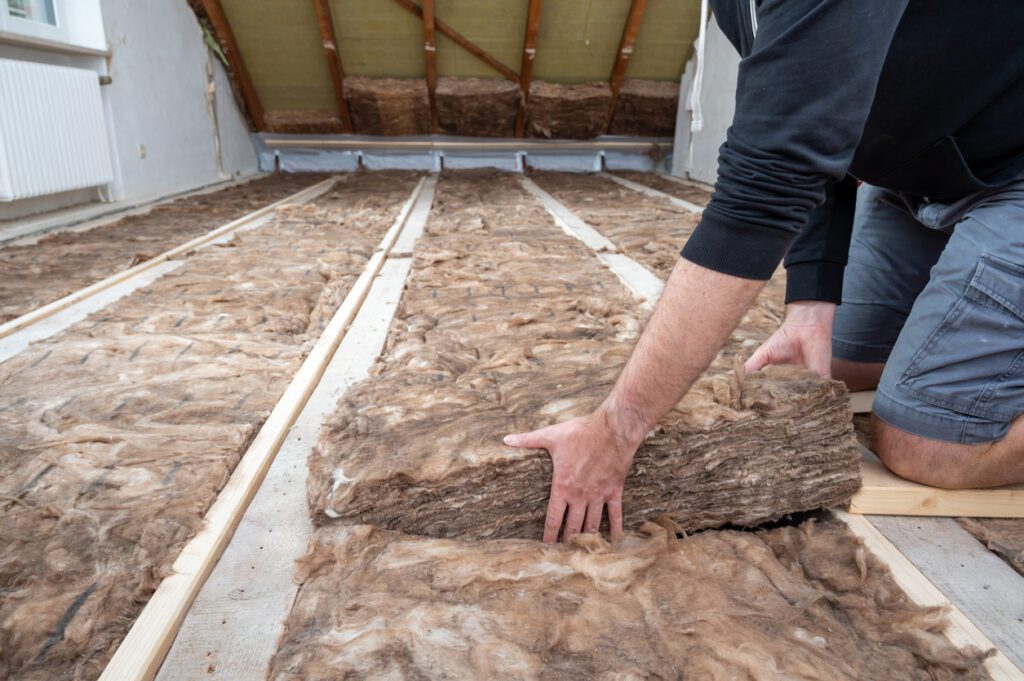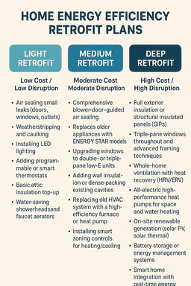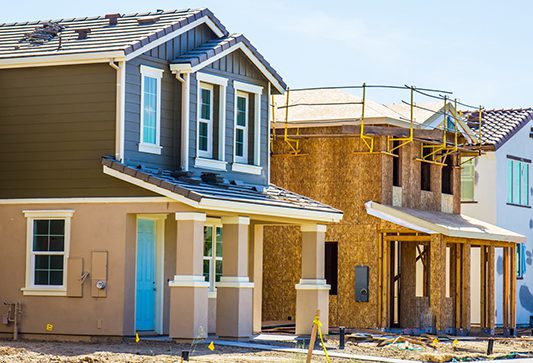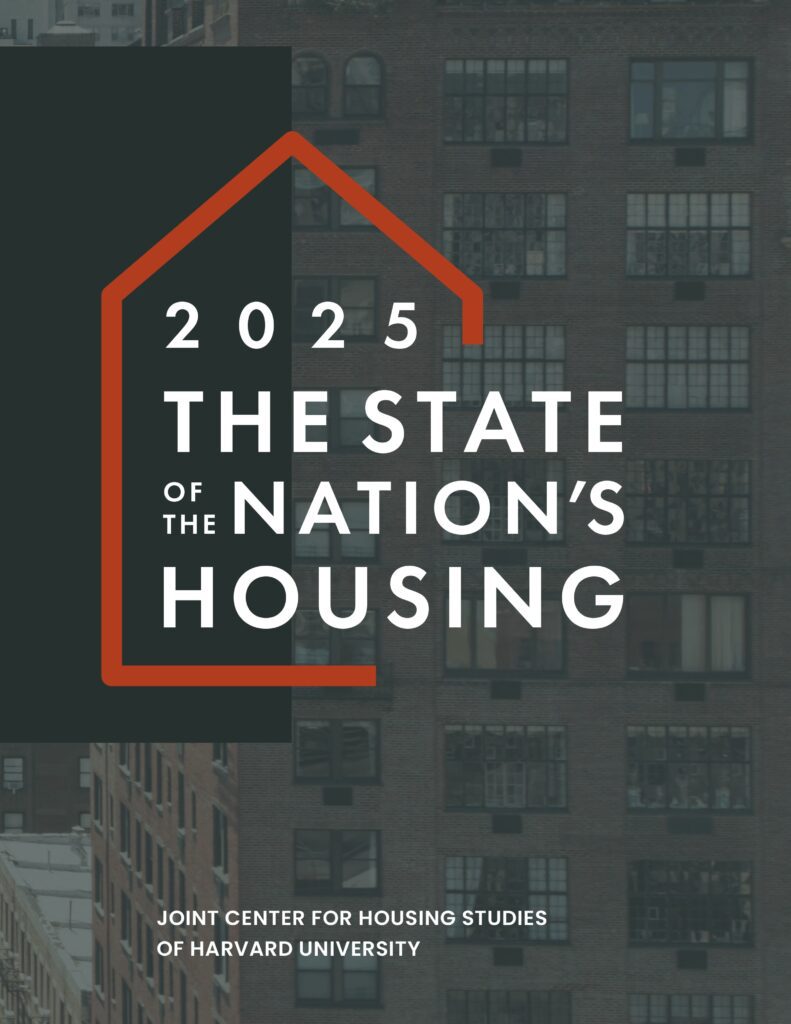The American Council for an Energy Efficient Economy (ACEEE) released an analysis this week that shows that in states that have adopted the 2021 International Energy Conservation Code (IECC), there has not been a decline in new construction homes. This finding directly contradict claims made by some home builders that more stringent energy code requirements deter new construction.
Using data from the U.S. Census Bureau, ACEEE examined single-family home permit rates in the five largest states that adopted the 2021 IECC. It found that before the code update, the month-to-month number of permits fluctuated up and down but roughly followed national building trends.
Examining Construction After Code Changes
After the code update, ACEEE observed permits continued to bounce up and down, generally following national trends. Thus, code updates had no apparent impact on new home production.
The bill savings each month dwarf the smaller increase in mortgage payments, says ACEEE. NAIMA’s newly released guide, “Insulation, Energy Codes & Housing Affordability,” also substantiates the positive impact more modern building energy efficiency codes have on housing affordability.
Other Studies Support This Finding
ACEEE notes that two separate studies support the idea that advanced energy codes do not impact housing construction. A study by Midwest Energy Efficiency Alliance and Slipstream showed that strengthened energy codes in Illinois did not affect housing construction in the state compared to adjacent counties in a neighboring state. Separately, a study this year from Canary Media found that a Massachusetts town that adopted a far more stringent code (requiring all electric homes) experienced a new construction boom.
Why It Matters
ACEEE’s findings show that new residential construction is cyclical, but energy code updates do not adversely impact new home construction. Solving America’s housing crisis will require a continued focus on reducing ownership costs to help affordability while also building more homes.
“We can and must advance both at the same time,” ACEEE says.

